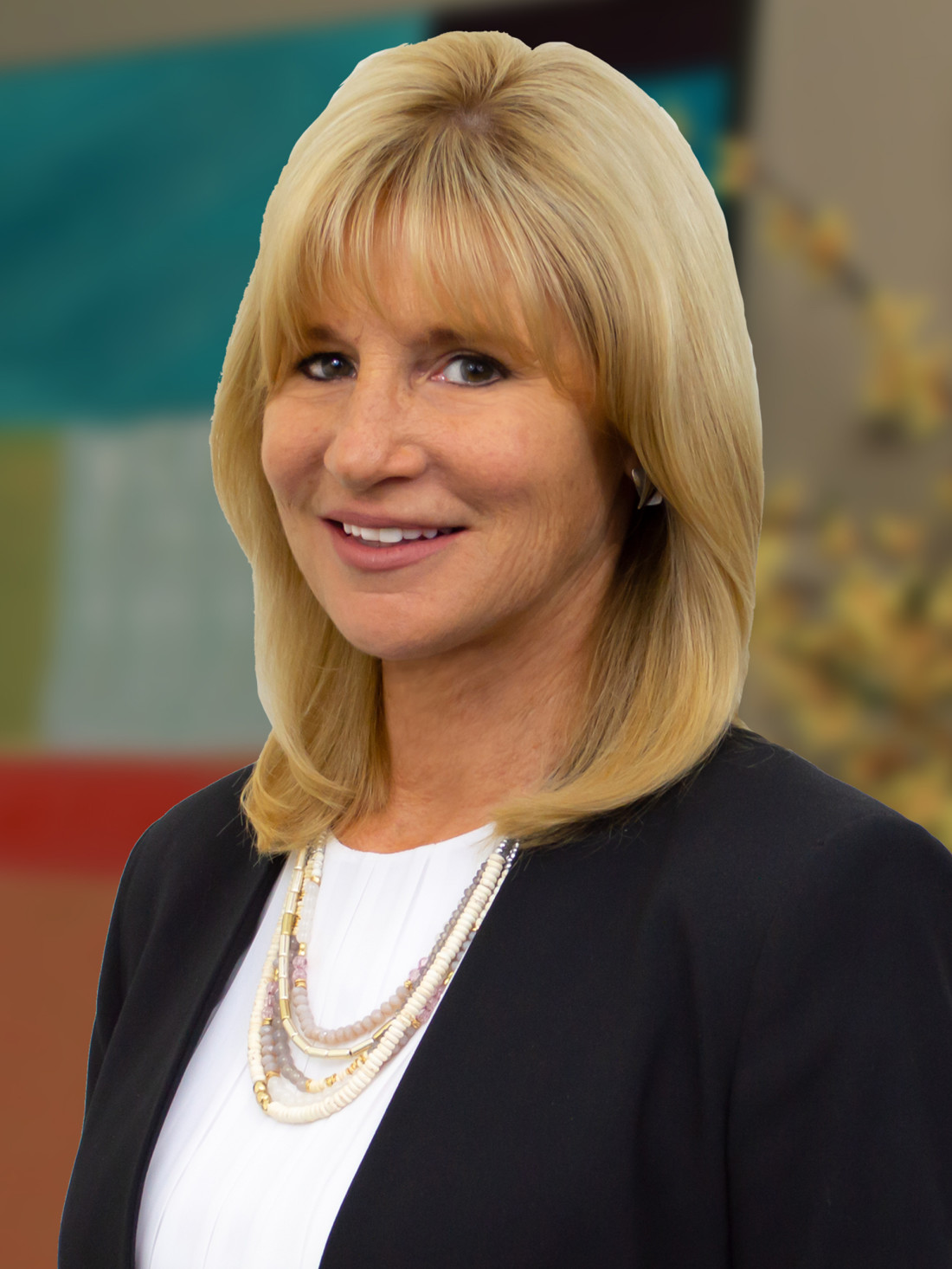What You Should Know
- The DEP has issued a new Compliance Advisory to provide clarity to New Jersey’s regulated community on the applicability of the Dirty Dirt Law
- The deadlines for businesses that provide soil and fill recycling services to register with DEP and/or complete A-901 license applications have been extended to July 14, 2022
- A newly developed Certification Program has been added for businesses that deal exclusively with non-virgin soils and recycled fill materials that do not present environmental concerns
Reacting to the need to clarify for the regulated community the applicability of New Jersey’s “Dirty Dirt Law,” which was signed by Governor Phil Murphy on January 20, 2020, the New Jersey Department of Environmental Protection (DEP) issued a March 16, 2022 Compliance Advisory that gives businesses which currently provide or intend to provide soil and fill recycling services more time to comply with A-901 business registration and A-901 license application deadlines.
In addition to clarifying the criteria for low volume (de minimis) quantity businesses exemptions, DEP developed a Certification Program that provides a safe harbor from A-901 licensure for those businesses which handle only “Non-Restricted Soil and Fill Recyclable Materials” as defined below.
The Dirty Dirt Law, Compliance Advisory, Frequently Asked Questions (FAQs), Registration Form, and Certification Form can be accessed here.
Broad Definitions of Materials and Services
As DEP engages in a robust stakeholder process and development of regulations that will provide the requisite clarity, the regulated community has struggled with the applicability of the Dirty Dirt Law in light of its very broad definitions of the materials and services regulated.
As defined by the Dirty Dirt Law, regulated “Soil and fill recyclable materials” are non-putrescible aggregate substitutes” such as “broken or crushed brick, block, concrete, or other similar manufactured materials; soil or soil that may contain aggregate substitute or other debris or material, generated from land clearing, excavation, demolition, or redevelopment activities that would otherwise be managed as solid waste, and that may be returned to the economic mainstream in the form of raw materials for further processing or for use as fill material.” "Soil and fill recycling services" are also broadly defined as the collection, transportation, processing, brokering, storage, purchase, sale or disposition, or any combination thereof, of soil and fill recyclable materials.
Any intended limitations, exceptions or qualifications anticipated in the pending regulations were outpaced by the ambitious compliance deadlines initially set forth in the Law. DEP Compliance Advisories, including this most recent Advisory and its FAQs, have provided relief and greater clarity to the regulated community regarding the timing, applicability and exemptions of the Law pending the issuance of regulations.
Deadline Extensions
The March 16, 2022 Compliance Advisory provides a reprieve from ceasing operations or risking continued operations that could be out of compliance with the Law by opening up the filing of business registration forms. The registration opportunity will automatically expire on July 14, 2022 unless an A-901 license application is filed by that date to keep the registration active until the A-901 license is issued or denied.
Prior to the March 16, 2022 Compliance Advisory, businesses that were providing soil and fill recycling services had to register with DEP by October 14, 2021 or cease providing those services on January 13, 2022. Businesses could not resume the soil and fill recycling operations until the company had completed the entire process for obtaining an A-901 license, which can take a year or more. This was an exceedingly harsh consequence for businesses, many of which were uncertain or unaware that their fill operations were covered by the Dirty Dirt Law.
Moreover, the most recent Compliance Advisory also sets July 14, 2022 as the new deadline for (i) submission of the completed A-901 license application, which had been due on April 14, 2022, as well as (ii) submission of a newly developed Non-Restricted Soil and Fill Recyclable Materials Certification Form as discussed below.
Exemptions
Guidance and information published by DEP in its October 7, 2021 FAQs (as updated on March 16, 2022) interpret the Dirty Dirt Law to include several exclusions from the definition of soil and fill recyclable materials that effectively translate into exemptions from A-901 registration and license requirements. Some of these include:
- Businesses that deal exclusively with Class A recyclable material; Class B recyclable material shipped to a Class B approved recycling center; beneficial use material approved by DEP
- Businesses that engage in the management of clean, uncontaminated, undisturbed virgin quarry products
- Retail stores that provide only bagged and loose soil products
- Businesses that handle low soil volumes (de minimis) of soil and fill material such as landscapers, contractors, pool companies, and home remodeling companies, plumber and electricians that only handle non-restricted soil and fill recyclable materials and meet certain conditions:
- Generate less than fifteen (15) cubic yards of non-restricted soil and fill recyclable materials each business day;
- Use a truck or trailer that has a loading capacity of less than fifteen (15) cubic yards for transport of non-restricted soil and fill recyclable materials;
- Maintain a storage yard containing less than 100 cubic yards of non-restricted soil and fill recyclable materials; and
- Maintain appropriate records and make these available to the Department or delegated agencies upon request to prove they meet the above criteria.
Certification Program
The March 16, 2022 Compliance Advisory adds a newly developed Certification Program that is available to businesses that deal exclusively with non-virgin soils and recycled fill materials that do not present environmental concerns, which means material that is not mixed with debris and is not contaminated with chemicals. This material is designated as “non-restricted soil and fill recyclable materials” as defined below.
To meet the exemption, on or before July 14, 2022 businesses must submit a Certification Form for purposes of excluding the company from the requirements of the Dirty Dirt Law.
They must then certify to DEP on an annual basis that:
- the business continues to exclusively handle “Non-Restricted Soil and Fill Recyclable Materials.” Defined as “non-putrescible, non-water soluble, non-decomposable, inert aggregate substitute, including rock, soil, broken or crushed brick, block, concrete, glass and/or clay or ceramic products, or any combination thereof, generated from land clearing, excavation, demolition, or redevelopment activities that are excluded from the definition of solid waste under the Solid Waste rules at N.J.A.C. 7:26-1.6(a)6.”
- the business has a quality control and quality assurance program in place to ensure the material handled qualifies as Non-Restricted Soil and Fill Recyclable Materials.
- the business maintains records for three (3) years including “analytical data, contracts, bills of lading, and QA/QC plans, concerning collection, transportation, processing, brokering, storage, purchase, or sale of soil and fill materials, including Non-restricted Soil and Fill Material, generated from land clearing, excavation, demolition, or redevelopment activities” available to the DEP upon request.
For additional information, please contact the authors of this Alert, Barbara J. Koonz or Daniel Flynn.
 |  |
| Partner, Environmental Department bkoonz@greenbaumlaw.com | 973.577.1894 | Counsel, Environmental Department dflynn@greenbaumlaw.com | 732.476.2678 |
